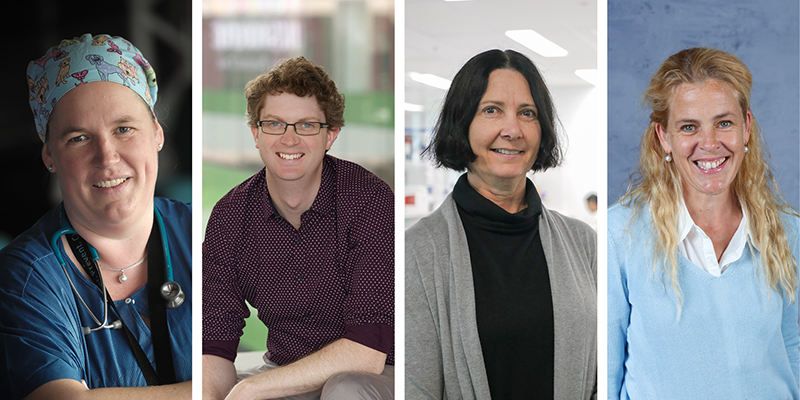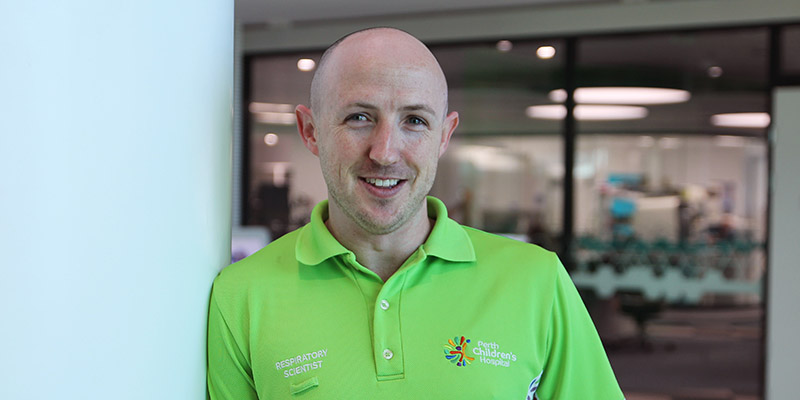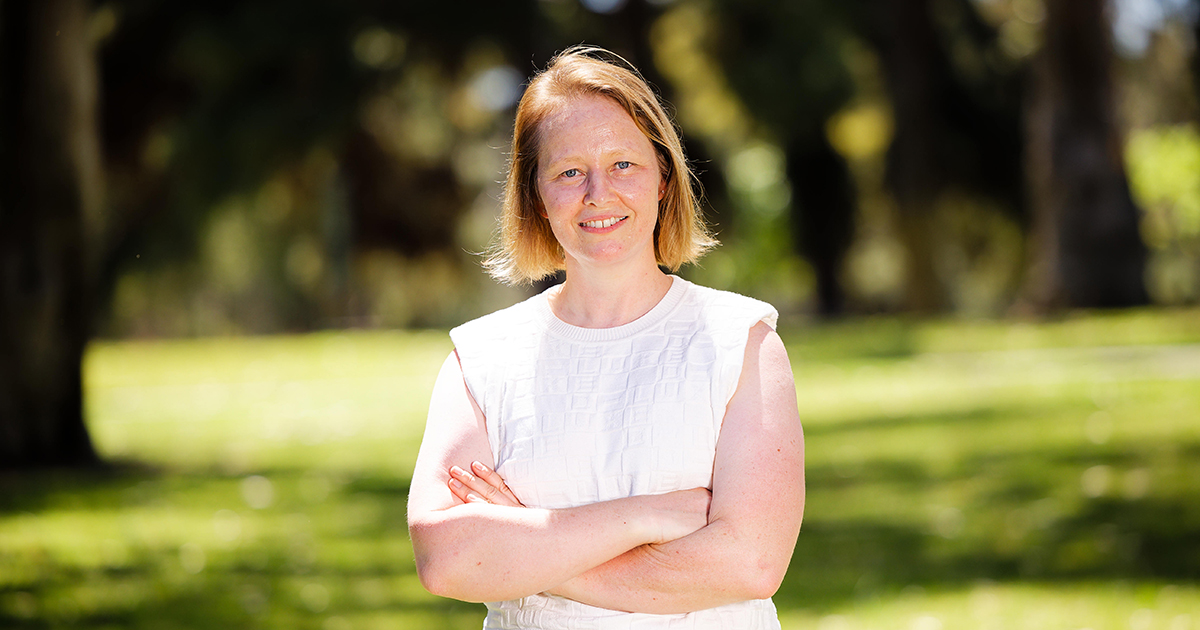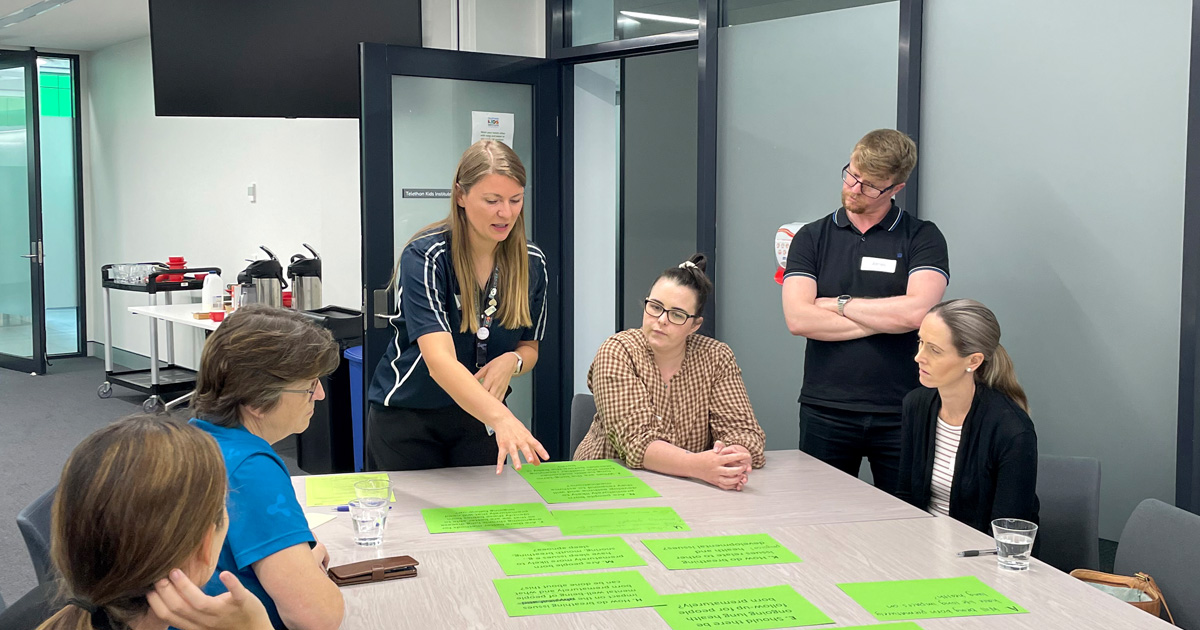Search
Research
Lung structural and functional impairments in young children with cystic fibrosis diagnosed following newborn screening – A nationwide observational studyNon-invasive and sensitive clinical endpoints are needed to monitor onset and progression of early lung disease in children with cystic fibrosis (CF). We compared lung clearance index (LCI), FEV1, functional and structural lung magnetic resonance imaging (MRI) outcomes in Swiss children with CF diagnosed following newborn screening.
Research
DNA Methylation signatures underpinning blood neutrophil to lymphocyte ratio during first week of human lifeUnderstanding of newborn immune ontogeny in the first week of life will enable age-appropriate strategies for safeguarding vulnerable newborns against infectious diseases. Here we conducted an observational study exploring the immunological profile of infants longitudinally throughout their first week of life.
Research
Current and novel therapies for management of Acinetobacter baumannii-associated pneumoniaAcinetobacter baumannii is a common pathogen associated with hospital-acquired pneumonia showing increased resistance to carbapenem and colistin antibiotics nowadays. Infections with A. baumannii cause high patient fatalities due to their capability to evade current antimicrobial therapies, emphasizing the urgency of developing viable therapeutics to treat A. baumannii-associated pneumonia.

News & Events
Prestigious grants to support lung health and suicide prevention researchTwo researchers focused on improving outcomes for children with chronic lung disease and averting suicide contagion and suicide clusters in young people have won prestigious Investigator Grants from the National Health and Medical Research Council.

News & Events
Funding boost to help turn research into practical changeResearch projects sharing in a $2.1 million funding boost will seek to translate research findings into changes that benefit patients and help the health system run more efficiently.

News & Events
Bushfires: Tips to protect family from smoke exposurePerth’s north-east is under threat from an out-of-control bushfire.

News & Events
Pre-term kids get green light to exerciseParents of children born prematurely have expressed concerns about their child’s lung health when they exercise, with symptoms such as breathlessness.

News & Events
Aspire Award funds global learning opportunityDr Renee Ng, a microbiologist specialising in bacteriophage therapy – an alternative to antibiotics to fight antimicrobial resistance – will travel to the world’s premier conference on viruses, bringing new ideas, connections and expertise back to Perth.

News & Events
Major grant supports innovative infant lung health studyA ground-breaking global clinical trial to improve the lifelong lung health of children born extremely prematurely has been awarded a Medical Research Future Fund (MRFF) International Clinical Trials Collaborations Grant totalling almost $3 million.

News & Events
Community partnership sets priorities for preterm lung health researchRespiratory disease remains one of the most significant complications of preterm birth, with lasting consequences.
